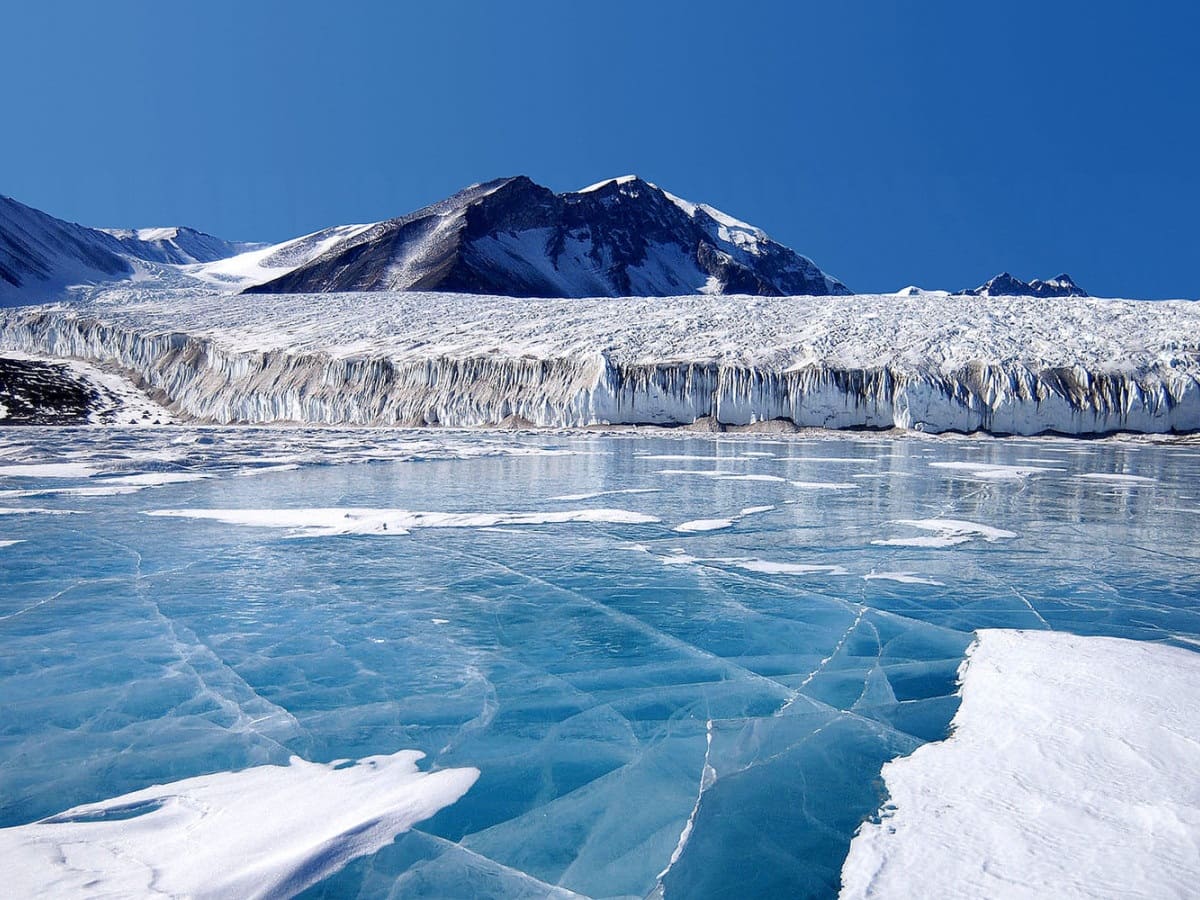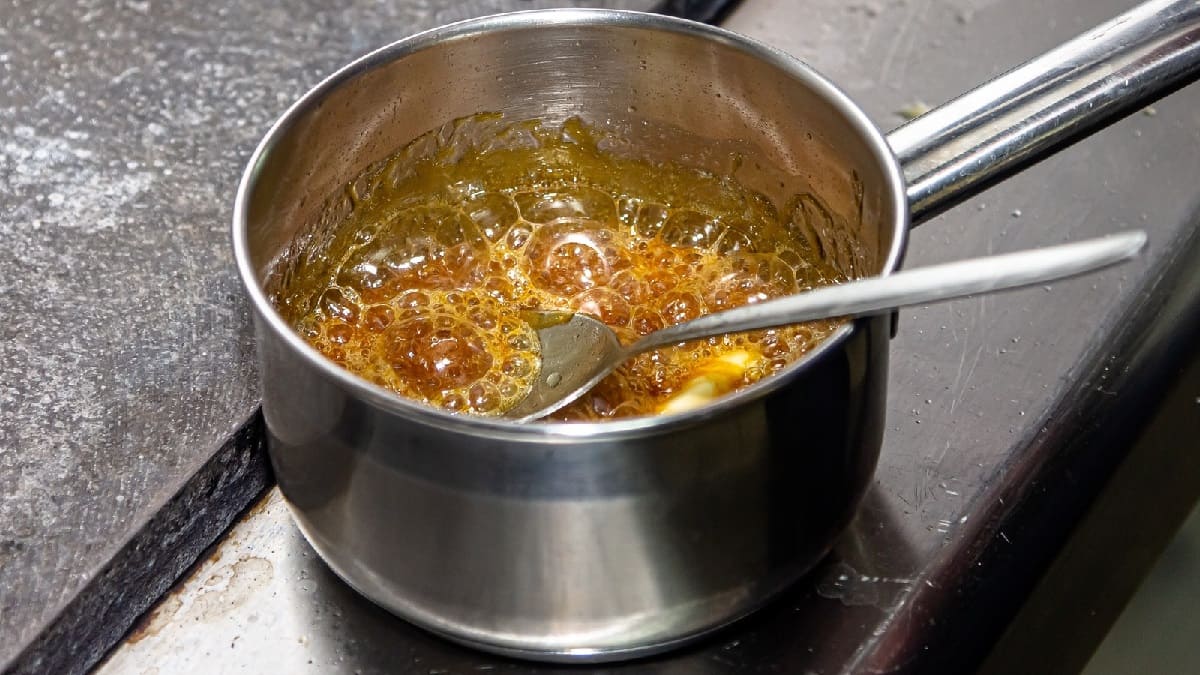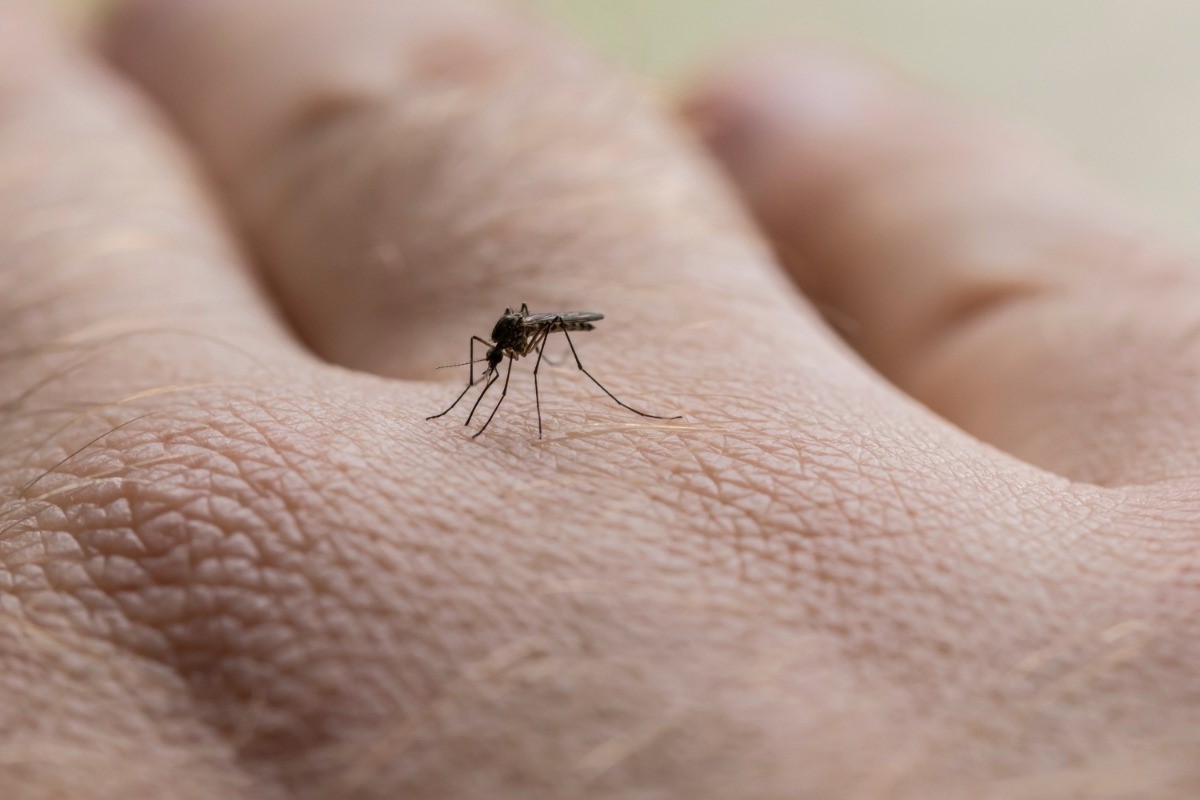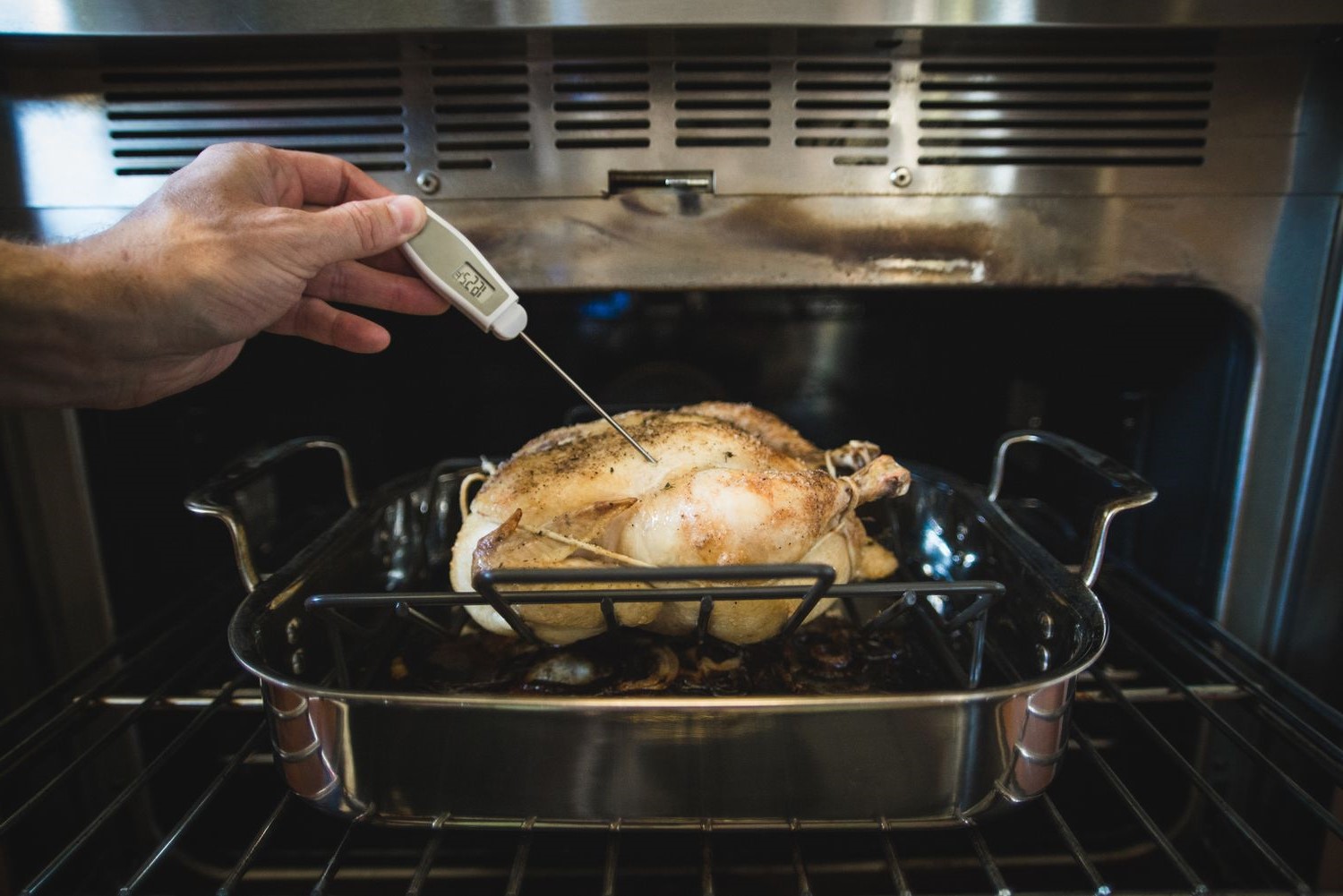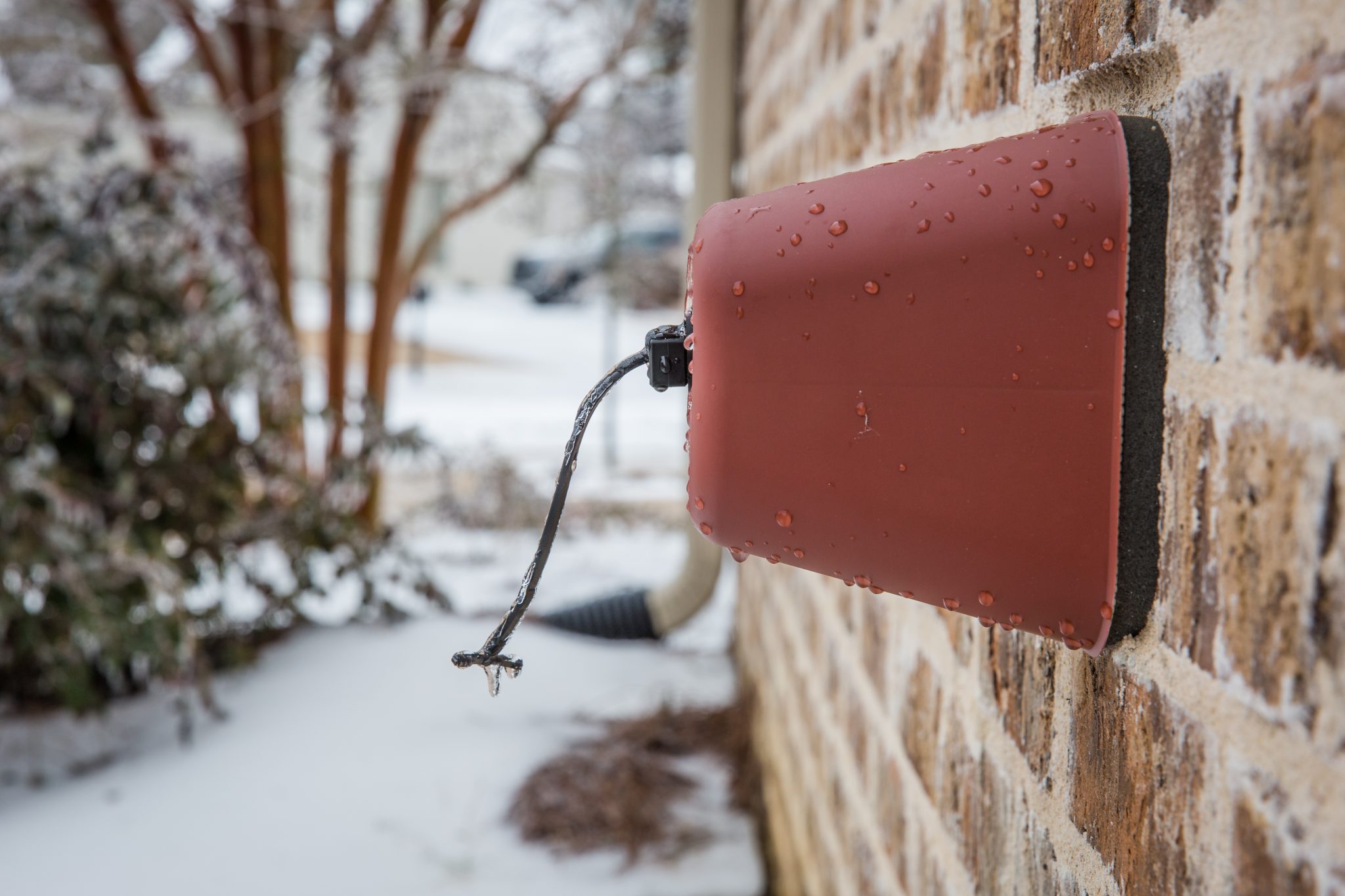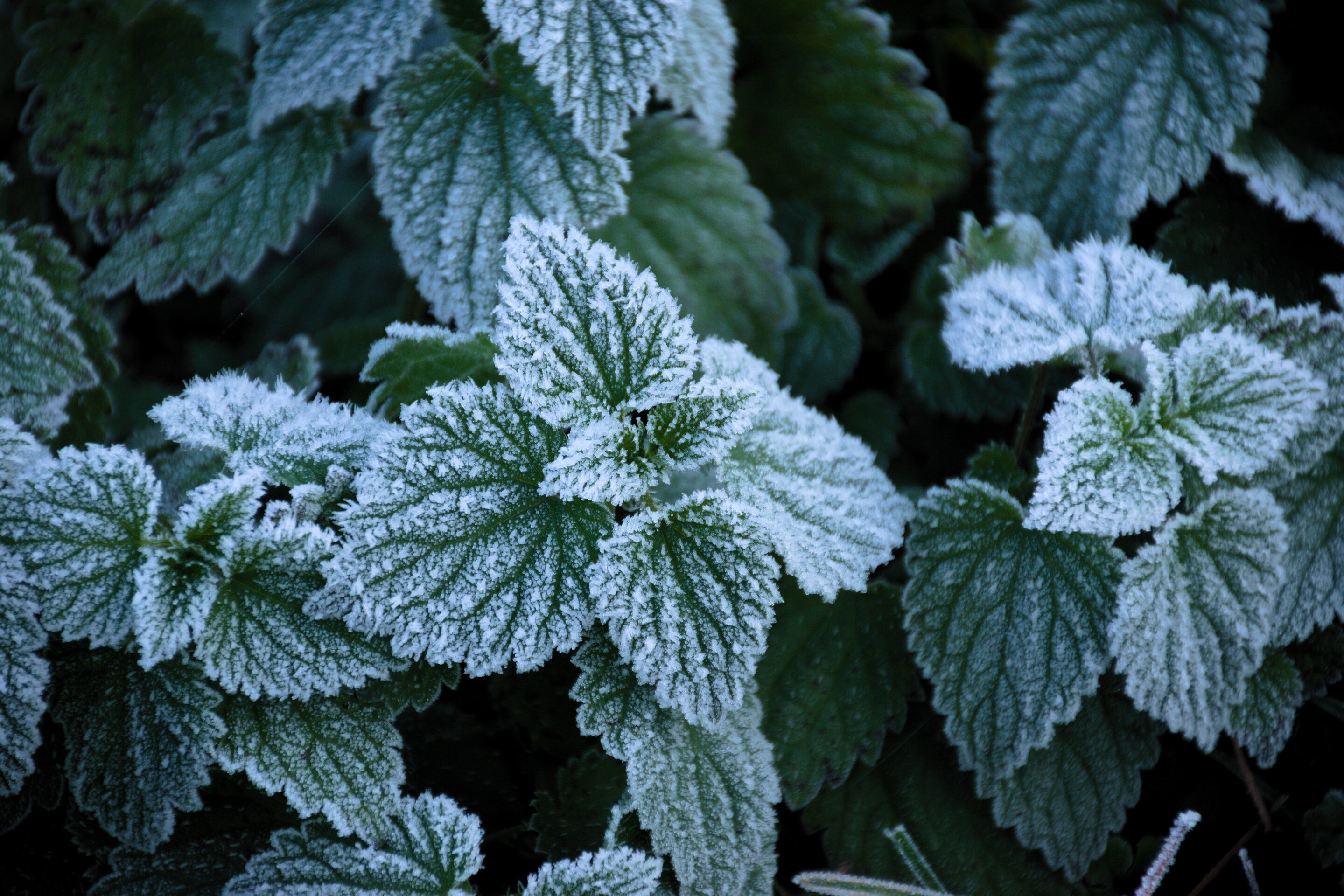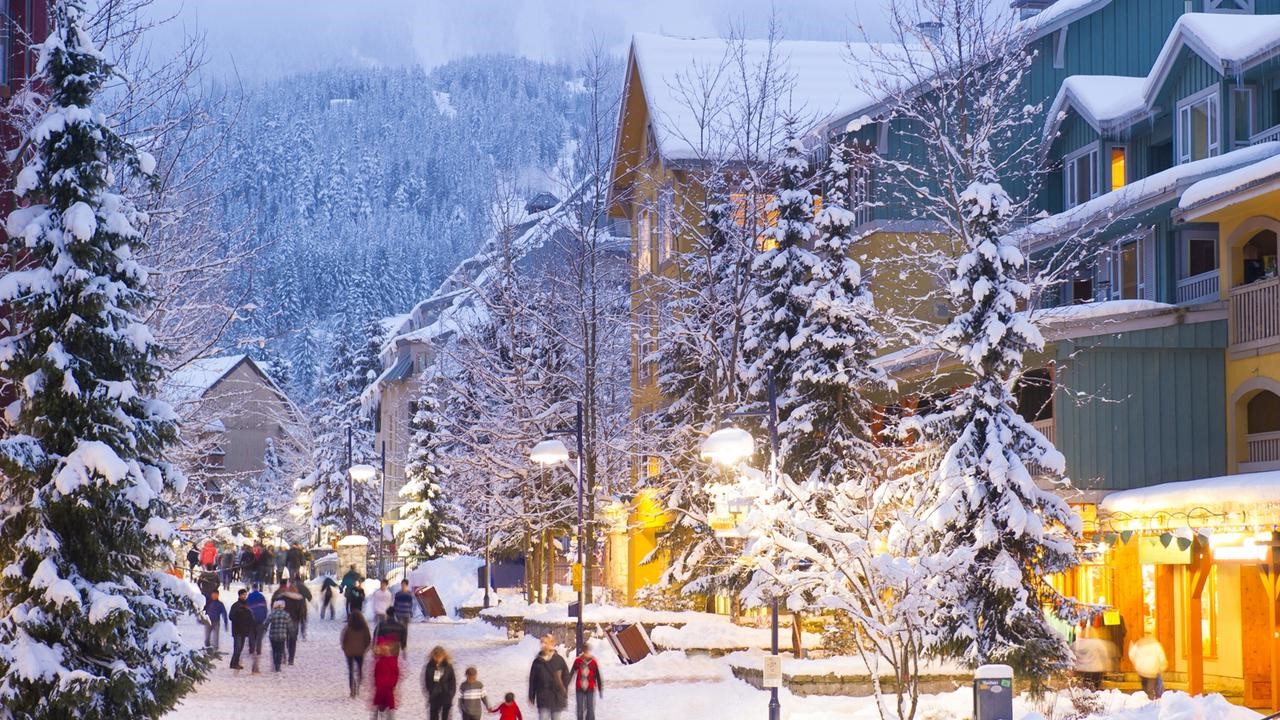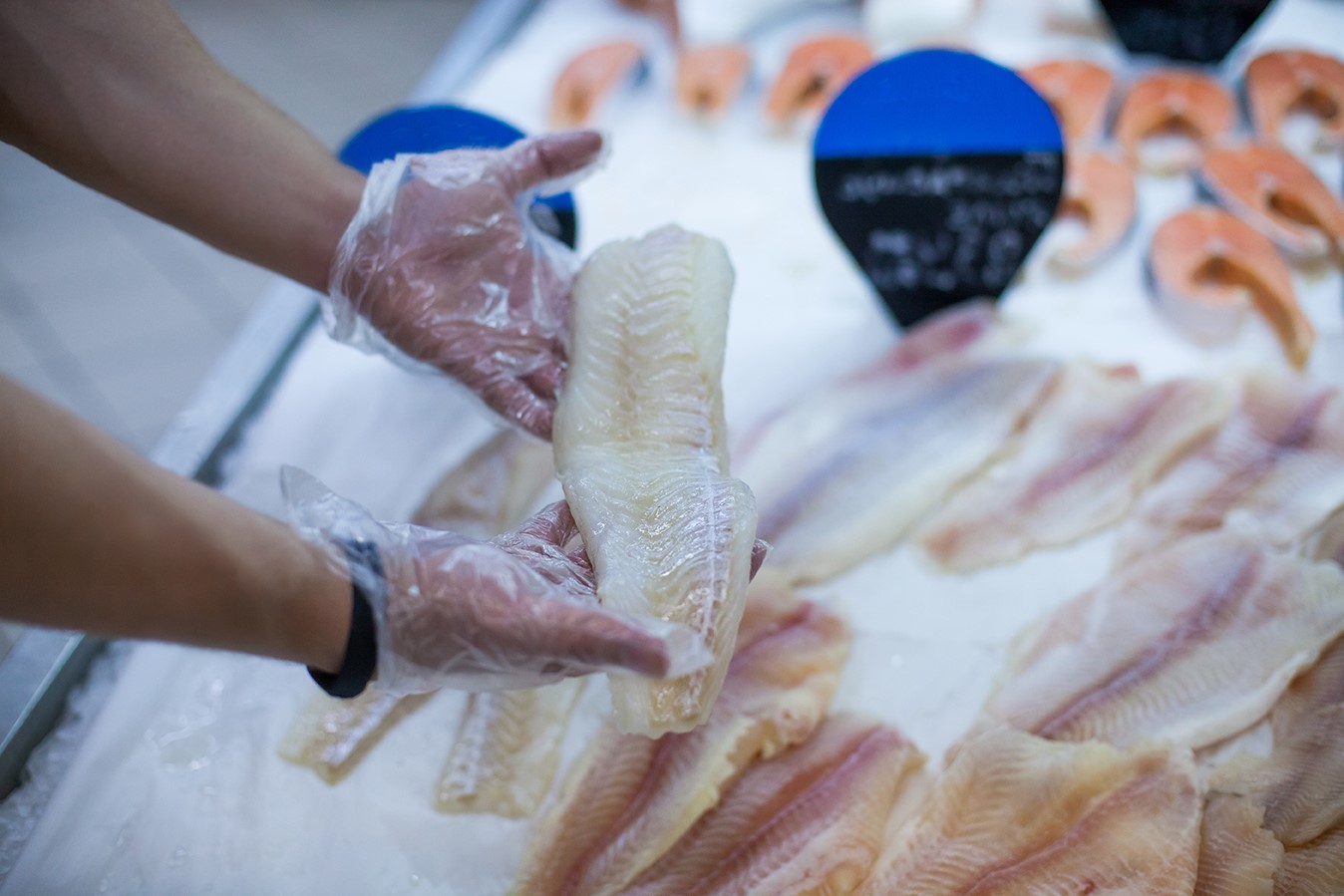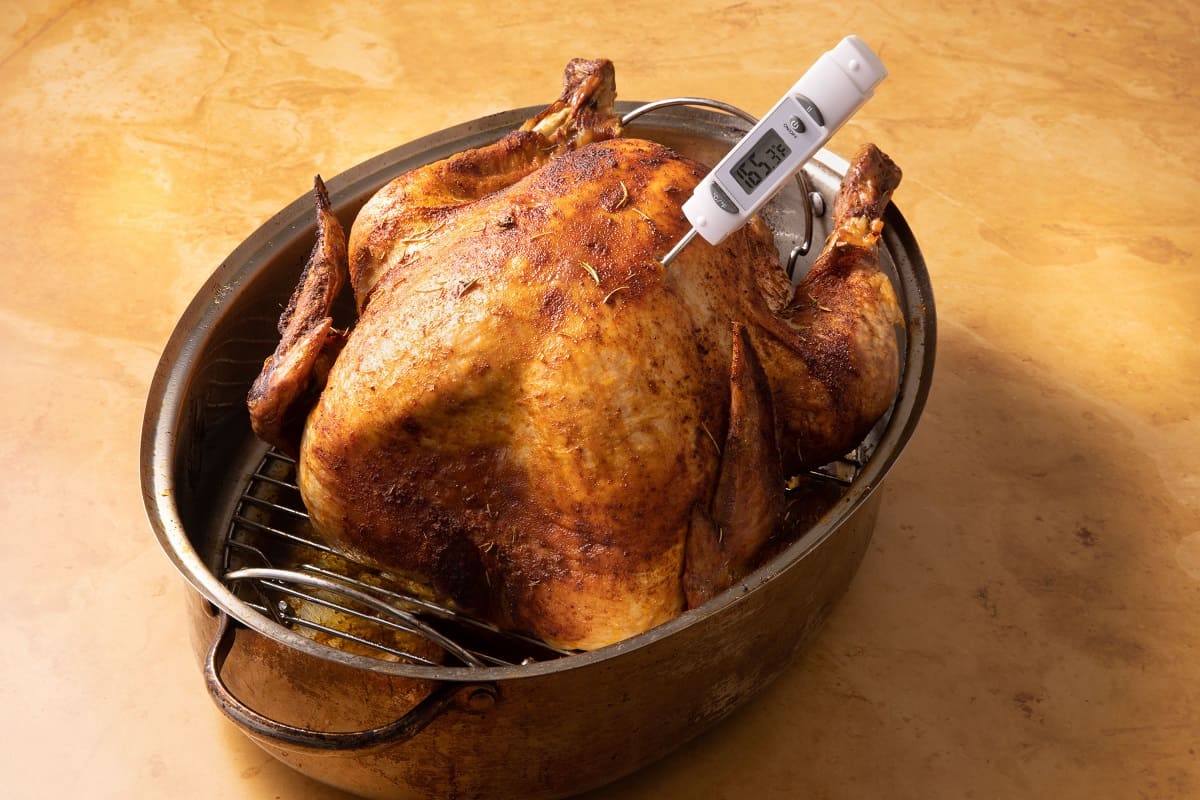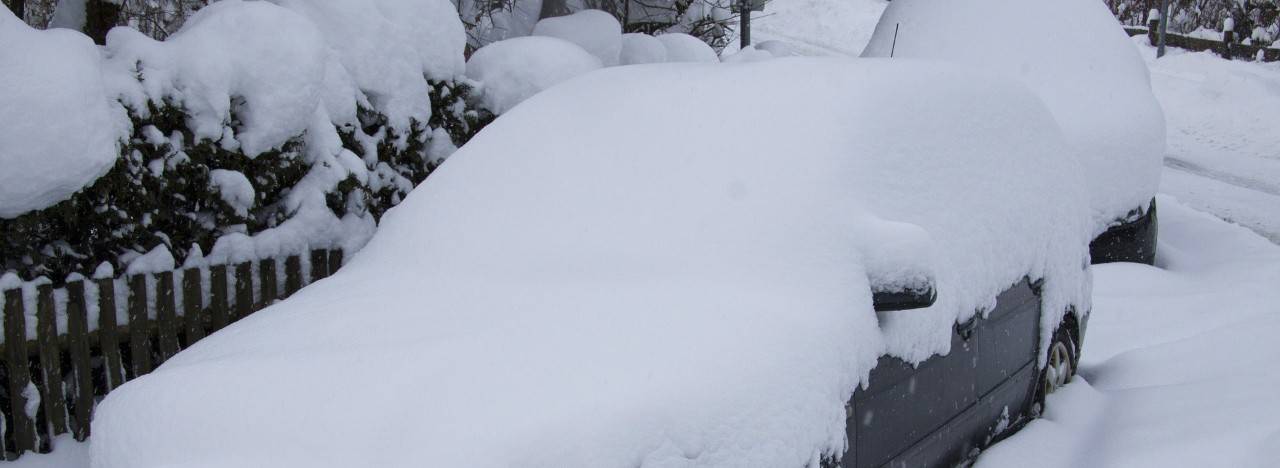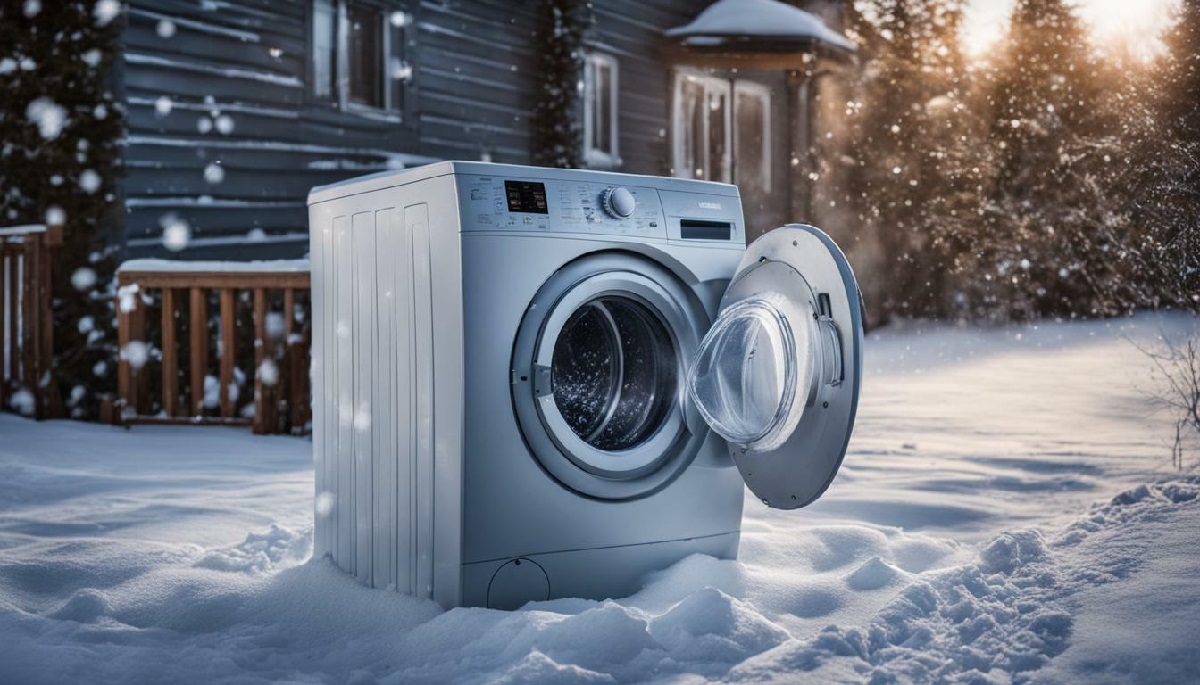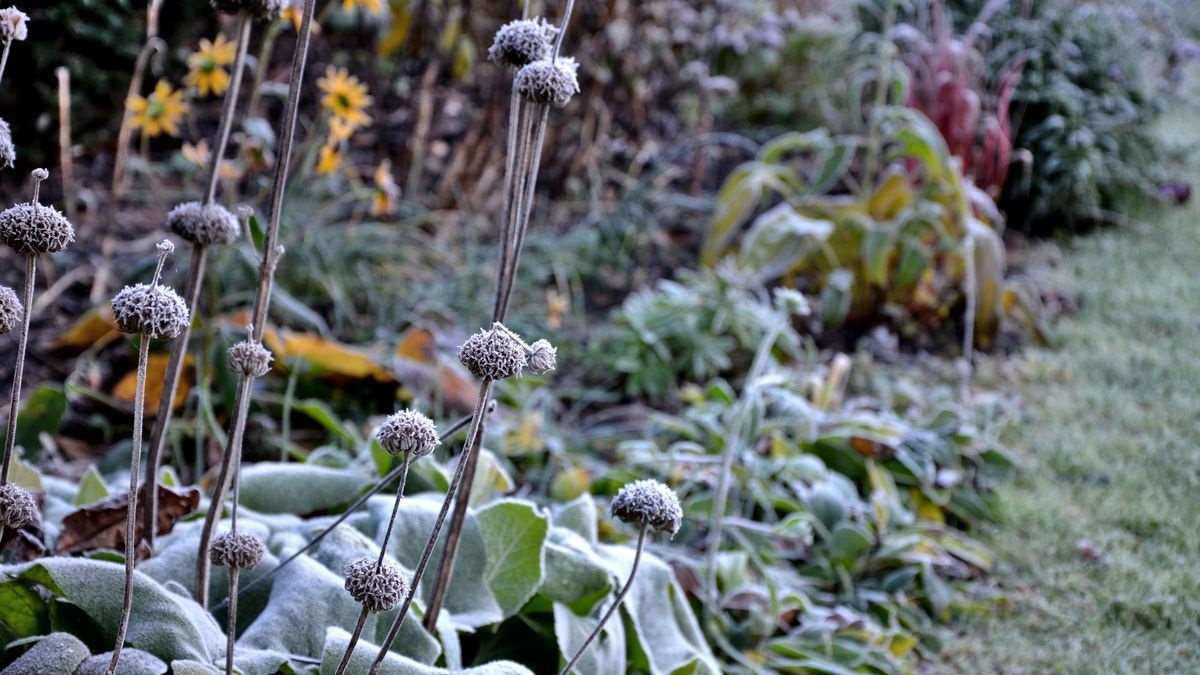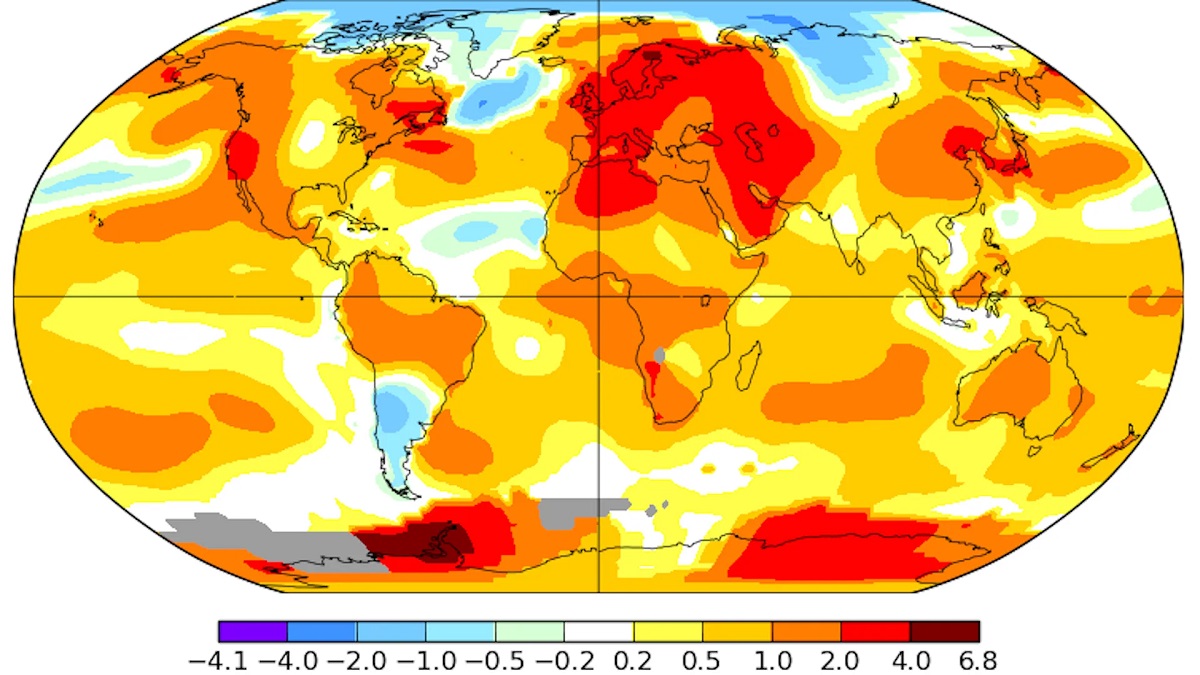Home>Weather and Climate>Which Freezes First When Temperatures Near Freezing?
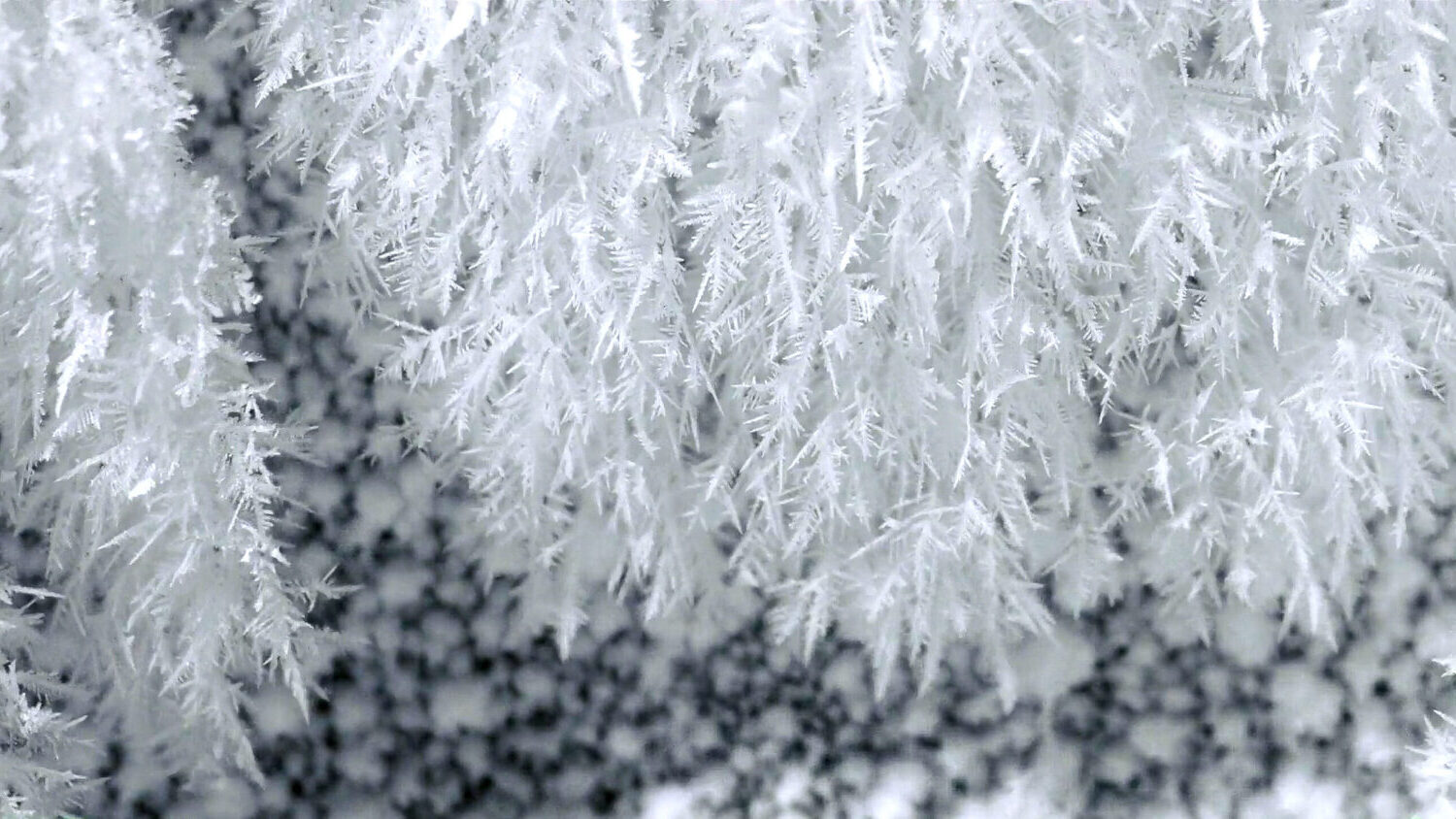

Weather and Climate
Which Freezes First When Temperatures Near Freezing?
Published: July 12, 2024
Learn about what freezes first in near-freezing temperatures and how weather and climate play a role in this fascinating phenomenon.
(Many of the links in this article redirect to a specific reviewed product. Your purchase of these products through affiliate links helps to generate commission for Temperatures.com, at no extra cost. Learn more)
In tackling the question of what freezes first in near-freezing temperatures, I've always found the concept fascinating. Water, with its freezing point at 0°C (32°F), often comes to mind first. Yet, not all liquids or substances freeze at this exact temperature due to differences in their chemical compositions.
For instance, saltwater has a lower freezing point than freshwater due to the presence of salt. This phenomenon explains why oceans and seas remain liquid in conditions where lakes might ice over. Similarly, substances like alcohol have much lower freezing points. Vodka, for example, won't turn solid in your freezer, which typically sits at around -18°C (0°F).
Vegetation and certain types of soil also react uniquely to near-freezing temperatures. Plants have water inside them, but because of solutes and the structure of plant cells, they might not freeze immediately at 0°C. Some can even survive slight dips below without damage, a survival mechanism known as supercooling.
In my experience, understanding these variations helps in predicting how different materials and environments respond as temperatures approach the freezing mark. Whether it's for gardening, maintaining roads safe from ice, or just satisfying curiosity, knowing these distinctions is incredibly useful.
